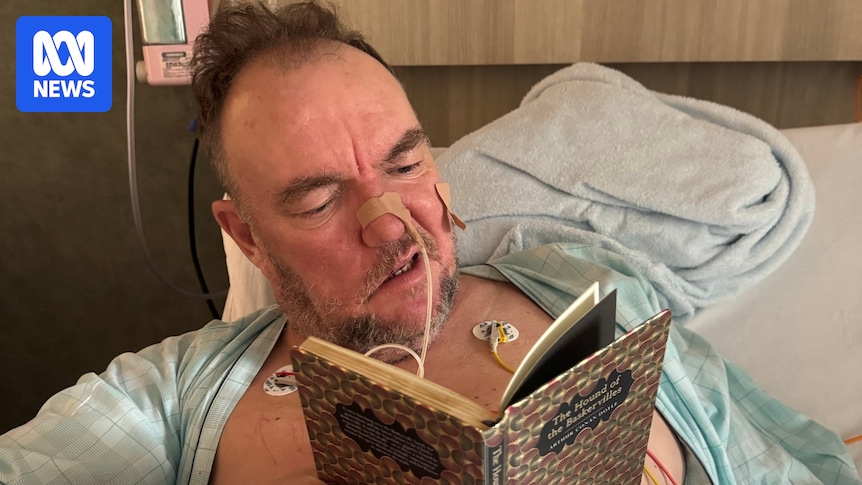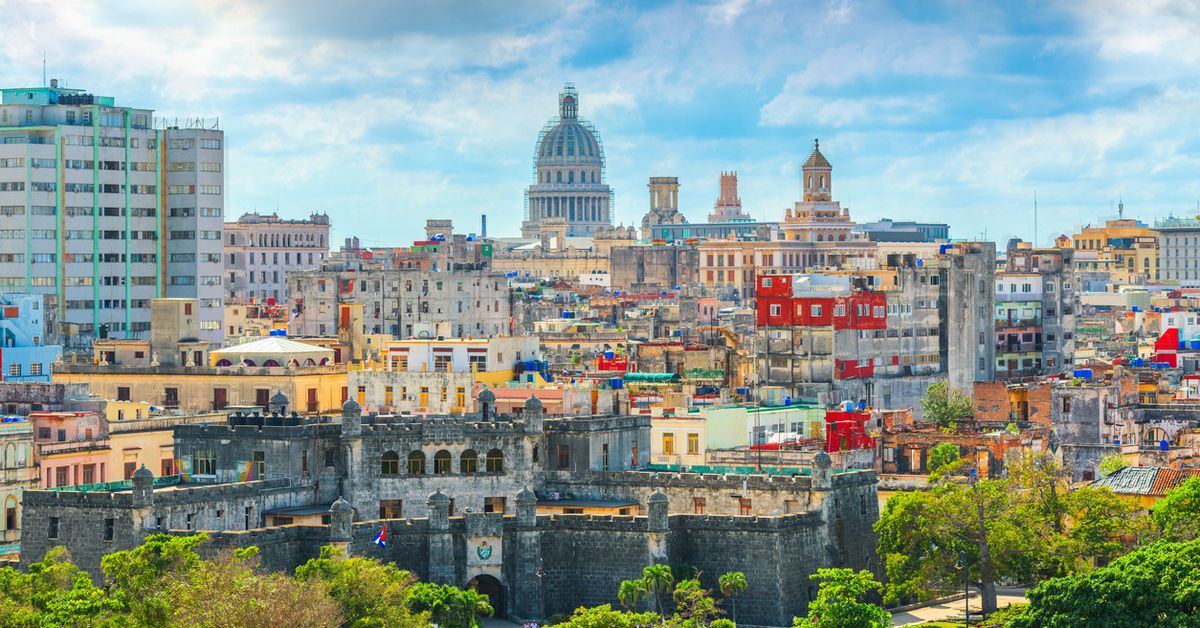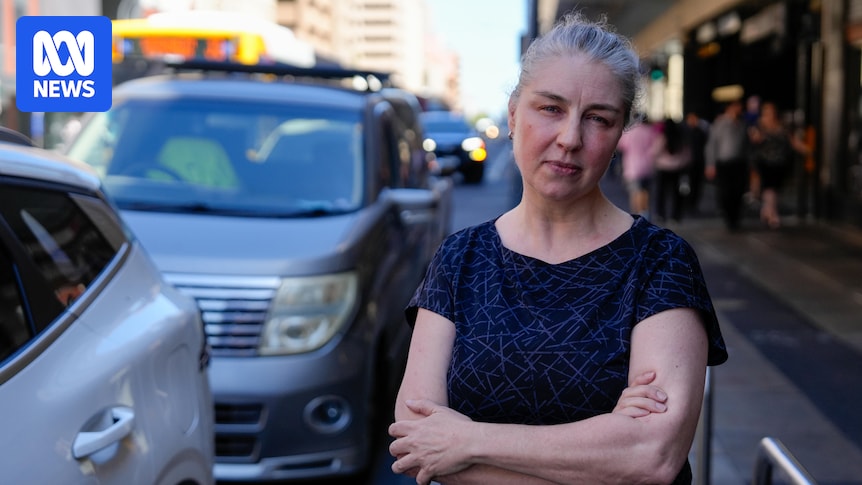
Tom Zdanius, a resident of Yamba, New South Wales, recently marked his 57th birthday under challenging circumstances, confined to a hospital bed at the Iseikai International General Hospital in Osaka, Japan. Zdanius suffered a stroke last month while traveling, and since then, his medical expenses have escalated to approximately $5,000 per day, leaving him with a daunting bill of $130,000.
The situation has been distressing for Zdanius’s family, particularly his brother, Lukas Zdanius, who described the ordeal as “terrible.” “He is partially paralysed, he has lost his voice and ability to eat, and a couple of other things,” Lukas said. “He is conscious and able to listen, hear and understand. If you use letters of the alphabet, you can get him to write words.”
The Cost of Traveling Without Insurance
Adding to the family’s distress is the revelation that Tom Zdanius traveled without securing travel insurance, a decision that has caused significant anxiety. “It is a cautionary tale, for sure,” Lukas noted. “Some people seem to get away with it, but you don’t drive a car without insurance, and you don’t travel without travel insurance.”
Despite the financial burden, the family is determined to bring Tom home. They have already attempted a medically supervised flight, which ended unsuccessfully, costing them about $30,000. “The issue is we need to get the medevac people to take out nine seats of a commercial plane so they can fit a stretcher in,” Lukas explained. “The only alternative is to get a private jet, which is probably about $300,000.”
Crowdfunding and Community Support
In response to these overwhelming expenses, the Zdanius family has launched a crowdfunding campaign, hoping to raise the necessary funds to cover the medical bills and eventual repatriation costs, which Lukas estimates could exceed $200,000.
Meanwhile, the story serves as a stark reminder of the importance of travel insurance. David Beirman, an adjunct fellow in management and tourism at the University of Technology Sydney, emphasized, “I wouldn’t go anywhere without taking out travel insurance, particularly in countries like Japan and the United States, where medical costs are high.”
“Research shows about 90 percent of Australians take out insurance before heading overseas. Not taking out travel insurance can be a hell of a lot more expensive.” — Dr. David Beirman
Seeking Diplomatic Assistance
Dr. Beirman, who also consults with the Department of Foreign Affairs and Trade (DFAT) on travel advisories, suggested that the Zdanius family seek consular assistance. “On rare occasions, people can approach DFAT and ask for them to repatriate them in a case of dire need,” he said, adding that such assistance is usually treated as a loan.
The Department of Foreign Affairs and Trade confirmed it is working to assist a man in Japan but declined to provide further details due to privacy considerations.
Implications and Lessons Learned
The Zdanius family’s experience underscores the critical importance of travel insurance, especially when traveling to countries with high medical costs. As they navigate this challenging period, their story serves as a cautionary tale for travelers worldwide.
As the family continues to rally support through their crowdfunding efforts, they remain hopeful for Tom’s eventual return home. This incident not only highlights the financial risks of traveling uninsured but also the potential for community support in times of need.







